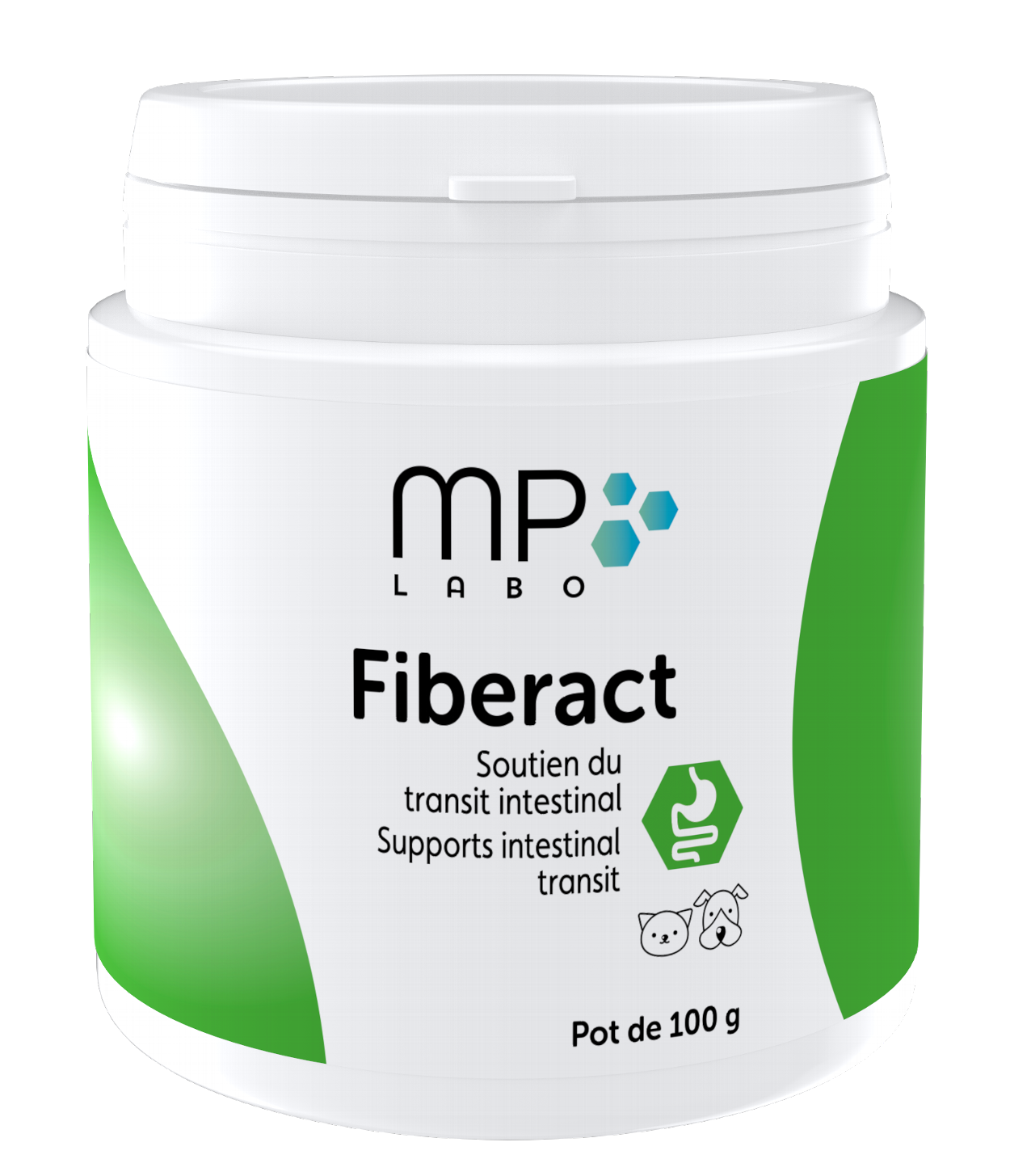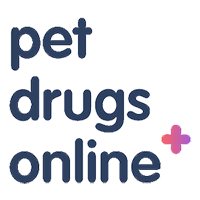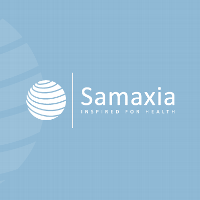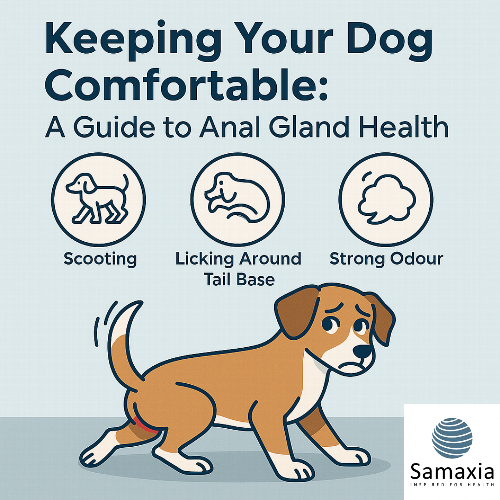Dog Scooting & Anal Glands: How to Keep Your Dog Comfortable
Is your dog scooting or licking their tail base? These could be signs of anal gland discomfort. This guide explains what's happening, when to speak to your vet, and how simple lifestyle changes—including diet and fibre—can support your dog's digestive health.
Common Signs of Anal Gland Problems in Dogs
Your dog's anal glands are small sacs located just inside the anus. When working properly, they empty naturally during defecation. But sometimes, they can become full or uncomfortable—especially if your dog has soft stools, is overweight, or isn't getting enough fibre in their diet.
Watch for these signs:
- Scooting (dragging their bottom across the floor)
- Licking or biting around the tail base or anus
- Straining when going to the toilet
- Strong, fishy-smelling odour
If you notice any of these, speak to your vet or veterinary nurse. Addressing issues early helps avoid unnecessary discomfort for your pet.
What to Expect at a UK Veterinary Visit
During a check-up, your vet or vet nurse will examine your dog and determine if the anal glands need expressing. If needed, the glands may be emptied manually—a simple and quick procedure. Your vet can also advise on underlying causes and ways to support ongoing comfort, such as changes to diet or routine.
Natural Ways to Support Your Dog's Anal Gland Health
Long-term support for anal gland health often starts with the basics:
- Fibre-rich diet: Firmer stools help express the glands naturally
- Healthy weight: Overweight dogs are more prone to issues
- Regular exercise: Movement supports gut and gland function
- Hydration: Always offer clean, fresh water
Adding natural fibre to your dog's routine can be a helpful part of this approach.
Blond Psyllium: Gentle Digestive Support
Blond psyllium husk (Plantago ovata) is a gentle, water-absorbent fibre source that can help regulate intestinal transit and improve stool consistency. Firmer, bulkier stools may naturally assist with anal gland expression.
Fiberact® contains powdered blond psyllium and is easy to mix into your dog's food. It supports regular transit without changing their diet—ideal for dogs with occasional hard or soft stools, reduced activity, or those prone to anal gland discomfort.

Work With Your Vet for the Best Results
Your vet is best placed to advise on the right approach for your dog. Whether it's expressing the glands, recommending dietary support, or helping you monitor symptoms, regular check-ups go a long way in keeping your dog happy and healthy.
Ready to support your dog's digestive health? Learn more about Fiberact® with blond psyllium or ask your vet today.
Available from your local UK vets, Amazon, Pet Drugs Online and from Samaxia direct





